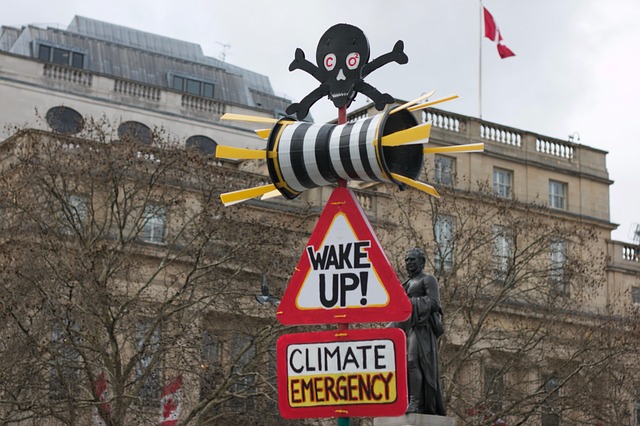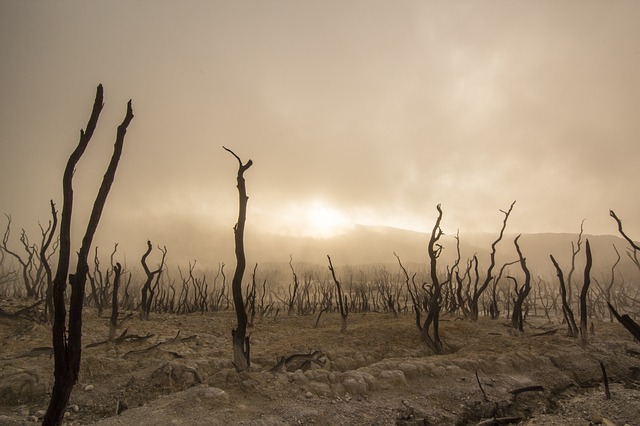
- On
- By
- Categories: Politics
Climate Strikes and Politics
Already the year before, Greta Thunberg had skipped school every Friday to stand before the Swedish parliament as part of the climate strike. In this way, she tried to pressure politicians to do something about the climate, which was getting worse. Soon she was not the only one, as many students around the world skipped school every Friday to stand with banners in the squares and parliaments of their respective countries. Several such strikes took place in the Czech Republic.
Let\’s not talk about how threatened the climate is, about Greta\’s autism, or about her parents. Let\’s focus on whether it is possible to bring about immediate change through strikes. The answer is simple. Politicians may want to, but in our country, for example, a decision to build a park on a piece of land cannot be made within the next day. We have a system that does not allow for the kind of immediate change that the strikers are imagining. If a park is to be built, zoning must be done years in advance. Declaring a nature preserve also takes an incredibly long time.
If we had a dictator, he could easily order that starting tomorrow this and that area would become nature reserves, that next week every county would have a forest nursery, that more money would be made available for ecology. But there is no dictatorship here. Therefore, any law takes time to be approved and must go through negotiations and amendments by politicians. For something to happen within a year, for example, the institutions of individual countries would have to change completely, which would probably mean the end of democracy as we know it.
Yet all the students shout that something must be done about climate change now, and refuse to hear why it cannot be done now or why patience is needed. They are like trees. Trees don\’t grow overnight.